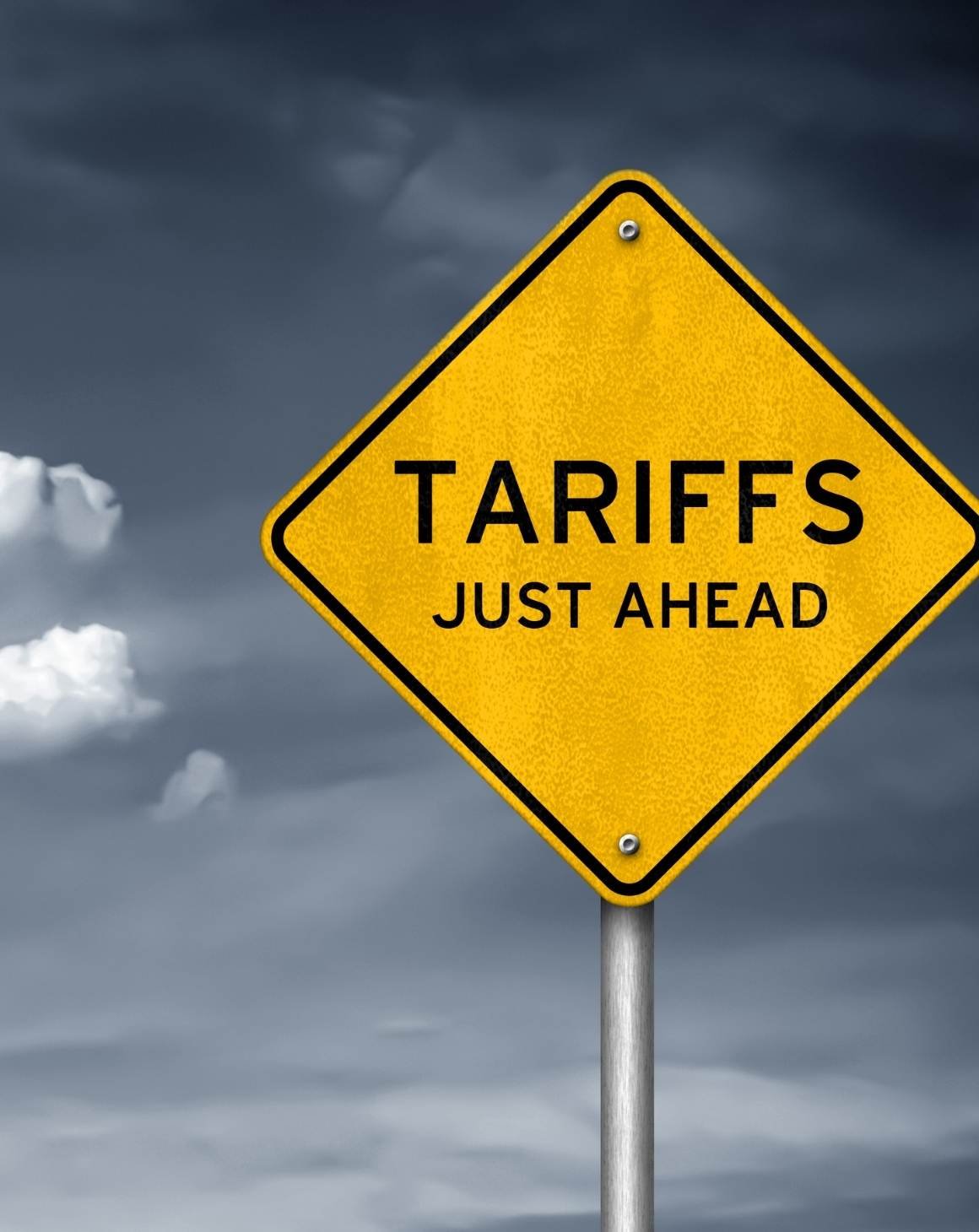You may have seen news articles recently highlighting Dum Dums’ problems on Amazon (the suckers—not people).
Bloomberg, Entrepreneur.com, TheHustle.com, and other news sites jumped on the entanglement, but what Spangler Cando Co. - the makers of Dum Dums - is dealing with is not at all unique to the Ohio-based candy company.
What is retail arbitrage?
Countless other brands face similar “retail arbitrage” schemes (also described as “price arbitrage”) operated by rogue resellers on Amazon utilizing a distorted version of drop-shipping to grab skinny margins on products by merely listing the item on Amazon and having it shipped directly from the source, lower-priced retailer to the end consumer.
If you had a chance to read up on the situation, you’ll note that it is extremely difficult to put out the fire once it is ablaze. The nimble nature of many, one-off sellers popping up to take advantage of the opportunity versus the cumbersome response of gigantic Amazon to these peppered brand complaints creates an ongoing clash.
Ok, that was the bad news.
Now for the good news: This is entirely avoidable!
Enforcing and enlisting brand protection efforts
By establishing a proper reseller program that includes both a reseller policy formalizing your products' material differences as well as a minimum advertised price (MAP) policy consistently enforced across your authorized retailers, you can be one of the brands that looks at the Dum Dums situation with sympathy—not empathy.
The only reason the rogue resellers at work in these drop-shipping schemes are able to pounce on the available margins is just that—there are margins available. The price variation among Dum Dums’ authorized resellers allows an opportunistic homebody to “buy” the pack at a low price from Sam’s Club and still sell the pack at or below Spangler's presumed MSRP on Amazon—even while absorbing the Amazon referral fees.
In addition to an enforced MAP program, another, even more foundational layer to effective retail arbitrage prevention is the implementation of a legitimate reseller policy. Through crafting and installing a reseller policy, your brand can legally differentiate between “authorized” and “unauthorized” sellers. This sets the launch pad from which you can take enforcement against rogue sellers as far as you’d like under trademark law. You can go after sellers who don’t have your permission to sell whether Amazon is able to stop their drop-shipping games or not.
If you’d like to learn more about how we partner with brands to protect their presence online, connect with our team of experts and schedule a consultation today.








.png)
.png)
